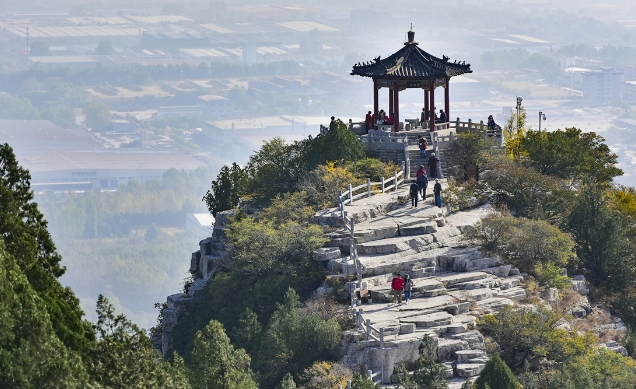As autumn graces China with its golden hues, the nation gathers to celebrate the Chongyang Festival, also known as the Double Ninth Festival. Traditionally observed on the ninth day of the ninth lunar month of the Chinese calendar, this year’s festival fell on October 11. The number nine in Chinese, “jiu,” is phonetically identical to the word for “longevity,” making the festival a meaningful celebration of health and respect for the elderly.
Families across China honor their seniors on this day, participating in customs such as admiring chrysanthemums, wearing dogwood (Cornus officinalis), enjoying Chongyang cakes, and sipping chrysanthemum wine. In modern times, the festival has been further recognized for its cultural importance, with the Chinese government officially designating it as Senior’s Day in 1989.
Communities nationwide engage in various activities, including mountain climbing, cultural performances, and providing elderly care services. In 2006, Chongyang was acknowledged as part of China’s national intangible cultural heritage.
With China becoming a moderately aging society—21.1% of its population now aged 60 and above—the country is working to improve its elderly care services. By the end of 2023, there were 297 million people over 60 and 217 million over 65. In response, the central government has invested in programs to enhance home- and community-based care during the 14th Five-Year Plan (2021-2025).
Minister of Civil Affairs Lu Zhiyuan emphasized China’s efforts to build an elderly-friendly society through improvements in social security, healthcare, and elderly care services, with the aim of establishing a comprehensive elderly care system by 2035.

